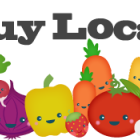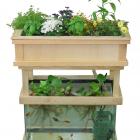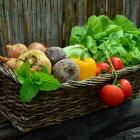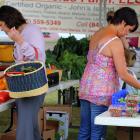St Valentine’s Day or Feast of Saint Valentine historically commemorates, depending on sources, either Lupercalia (archaic roman rite connected to fertility) or numerous Christian martyrs named Valentine who participated in love affairs resolutions.
Since early 19th century, this famous 14th of February celebrates romantic love so lovers typically exchange love letters, gifts and almost red roses, where red symbolizes passion. Briefly, it has become an event really (too?) commercial focused.
By the way, you want to celebrate with your *Apollon*? Good idea, but why not introducing some “green” around it? Here are some proposals for enjoying your Valentine time!
First, concerning the place for sharing dinner and pleasant time, I think you’ve got 2 main choices:










